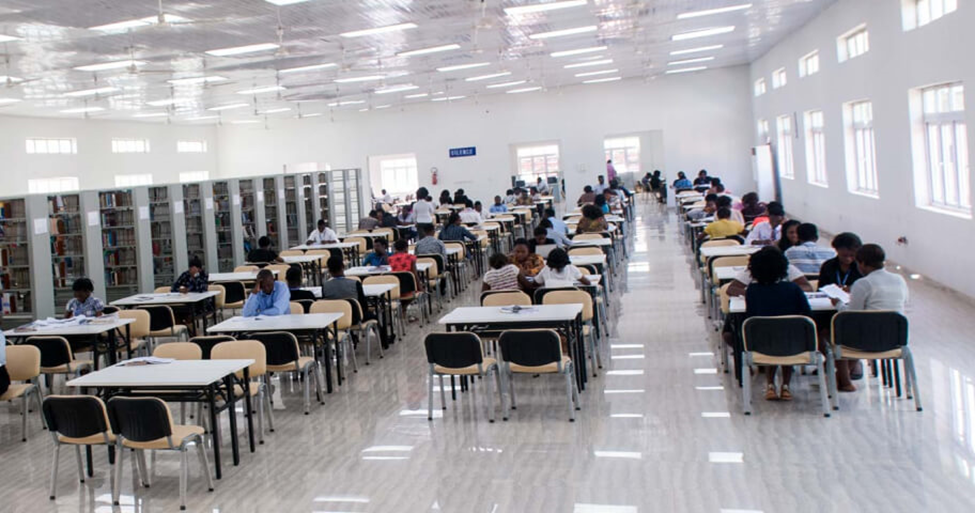Redeemer’s University Academic Freedom Policy


Redeemer's University Academic Freedom Policy
Policy Updated: 2022
Policy Reviewed: 2024
Purpose:
The purpose of this policy is to affirm Redeemer’s University’s commitment to the principles of academic freedom. It recognizes that the ability to freely conduct research, teach, and express academic views is essential for fostering innovation, academic integrity, and contributing to the broader societal good. This policy ensures that all faculty members, researchers, and scholars within Redeemer’s University have the autonomy to pursue their academic interests, engage in research, and share their knowledge with the academic community and the public.
Scope:
This policy applies to all faculty, academic staff, researchers, and scholars at Redeemer’s University, including visiting academics and postdoctoral researchers. It covers activities related to teaching, research, publication, and public statements.
Policy Statement:
- Freedom to Research: All faculty and researchers at Redeemer’s University are entitled to choose their areas of research freely. They have the right to pursue truth, knowledge, and innovative solutions without interference or restrictions imposed by the university, government, or other external entities, as long as these pursuits comply with ethical standards and applicable laws.
- Freedom to Teach: Faculty members are free to design and deliver course content that reflects their academic expertise, research findings, and professional judgment. They are encouraged to engage students critically and encourage open discussions on diverse perspectives.
- Freedom of Expression in Scholarship and Publication: Faculty members and researchers are free to publish and present their findings and views without censorship, provided they meet the high standards of academic rigor and adhere to ethical guidelines. The university encourages open and critical inquiry and recognizes that academic freedom includes the right to challenge established knowledge and contribute to scholarly debate.
- Freedom to Speak Publicly: Faculty members and researchers have the right to express their academic views publicly, including in media, public forums, and academic conferences, without institutional or external interference. Public statements made by faculty members must clarify that they are expressing personal or professional views, not representing the university’s official stance unless explicitly authorized.
- Responsibility and Accountability: While Redeemer’s University supports academic freedom, it also emphasizes the importance of academic responsibility. Faculty members are expected to maintain the highest standards of academic integrity, respect the rights and opinions of others, and comply with all relevant university policies, ethical guidelines, and legal obligations in their research and teaching.
-
Limitations and Ethical Considerations:
Academic freedom at Redeemer’s University is subject to ethical and legal limitations. This includes adherence to:
- Ethical research standards.
- Compliance with national and international laws governing academic activities.
- University policies regarding harassment, discrimination, and the respect of the rights and safety of others.
In cases where academic freedom may conflict with other rights or legal requirements, the university will seek to balance these considerations in a fair and transparent manner.
Protection Against Reprisal:
Redeemer’s University is committed to safeguarding the rights of its faculty members, researchers, and scholars to exercise academic freedom without fear of undue negative consequences. The university strives to ensure that no member of the academic community is subject to institutional retaliation for engaging in academic activities, expressing academic views, or conducting research in line with this policy.
However, it is important to note that the exercise of academic freedom must be consistent with the responsibilities outlined in this policy and other applicable university regulations. Where there are concerns or complaints regarding the misuse or violation of academic freedom, these will be addressed through fair and transparent procedures, in accordance with the university’s policies on ethics, professional conduct, and legal compliance.
Review and Revision:
This policy will be reviewed regularly to ensure it aligns with national and international best practices in higher education and academic freedom. Revisions will be made as necessary to reflect changes in legal or academic standards. Policy on Plagiarism for students can be found here
Latest News
-
Redeemer's University Launches New Initiative for SDG 1
Published on: October 22, 2024
-
New Study Shows Effective Measures in Poverty Reduction
Published on: October 19, 2024
-
Global Summit Addresses the Future of Sustainable Development
Published on: October 15, 2024